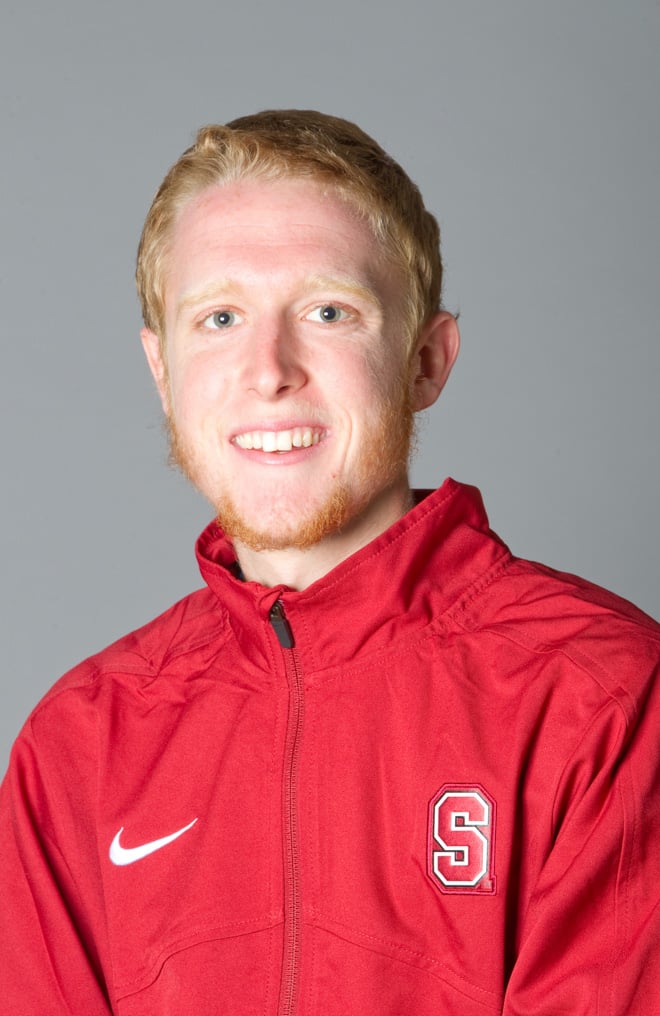Over the past year or so, I’ve used this space provided me by The Daily to voice my frustrations about, criticize and occasionally offer some reform-minded suggestions to the system of college athletics governed by the NCAA. Stanford — my school — is a member of that association of higher education institutions, and thus I have, by extension, been denouncing my own university as well.
While Stanford alone does not make policy for the entire NCAA membership, it nevertheless is a member — and a prominent one at that — of a cartel of schools which economically disenfranchise their workers (athletes) while everyone else around them (coaches, administrators and support staff) is free to pursue whatever amount of compensation they can secure. Moreover, it is part of a group of 1100-plus schools that trumpet “student-athlete welfare” as their top priority, but in reality only supports athletes so long as doing so aligns with commercial and financial agendas.
Stanford — my school — generates well over $100 million in annual athletic revenues but is evidently deathly afraid of paying athletes one cent more than they currently receive or allowing them to bargain for themselves via a union. For all of that and many more unnamed hypocrisies, I am not proud of my institution. It can do better, and it should. Stanford is in a prime position to lead the march into a fairer and better future for college athletics, but to this date has not acted boldly or bravely enough.
And yet, despite all of that, I still love my school. Always have, always will. Do the hypocrisy and inequities it tacitly stands behind bother me? Absolutely — always have and always will. But feeling that way does not also preclude me from feeling an overwhelming sense of pride to be a Stanford athlete and a sense of thankfulness for the opportunities Stanford Athletics has given me and countless other athletes over the decades.
I will be honest with you: If I weren’t a recruited athlete, I highly doubt that I would be a Stanford student. My grades and test scores coming out of high school were pretty good, but getting admitted “on my own” (i.e. without support from Athletics) would have been a stretch — even in the days when the admit rate was above five percent. When the coaching staff that recruited me said they would be endorsing my application, I knew it was a game-changer. I have only since realized that, in fact, it was a life-changer. My time as a Stanford student has exposed me to world previously unknowable, challenges previously unconquerable and a future previously unattainable.
Stanford Athletics gave me the opportunity and, for the most part, the support to earn a world-class education while also developing my athletic skills. At most institutions, the twain never meet. Scholastic achievement is far too often the sacrificial lamb of high-level athletic performance, especially for football and basketball players. Not at my school. The oft-yearned-for but seldom-achieved ideal of the “scholar-athlete” is actually the norm at Stanford, where athletes graduate at a rate commensurate with that of the rest of the undergraduate body. My experience, along with that of hundreds of other Stanford athletes, proves that educational and athletic achievement are not mutually exclusive and are, if balanced correctly, mutually reinforcing activities. I worked hard, of course, but I also owe at least part of my (hopefully) upcoming degree to the culture of on- and off-field excellence developed and maintained by Athletics over the decades.
Part of that culture of excellence is giving athletes every resource they need to be successful in and out of the classroom. Since I matriculated to The Farm, Athletics has done an admirable job at investing in such resources, including facilities projects for several programs, adding a sports nutritionist and psychologist, ensuring athletes have the food (fuel) they need to compete at their best and disbursing stipends to cover scholarship athletes’ full cost-of-attendance (which is several thousand dollars greater than the value of a grant-in-aid). For all of that, I am grateful, because there’s nothing precluding the Athletics staff from keeping all (not just most) of player-generated revenues for themselves.
At the same time, however, I am acutely aware that the ostensibly “free” education provided to those athletes on full scholarship is anything but free. In order to have their educational expenses covered, scholarship and non-scholarship athletes alike must surrender the economic rights that everyone else on campus takes for granted. We are restricted in the ways in which we can profit off our own names, images and likenesses; we cannot use our athletically-related reputation and skill for financial gain; and we’re prohibited from accepting gifts or other benefits that non-athlete students would not have to think twice about taking. And all the while, our administrators, coaches, doctors, trainers and strength/conditioning coaches are virtually uninhibited in their ability to monetize their own skill sets — often appropriating the value created by the players.
The education isn’t “free” when you have to give up something in order to access it. It costs athletes quite a bit: Their access to a free market for their services, their physical and mental health and any chance at a “normal” college life.
That, by definition, is exploitation, and although coaches and administrators alike recoil when they hear that term tossed around, that’s the reality of the situation. Such talk of exploitation might be decried as reflecting the “entitled” attitude of my generation. If by “entitled” they mean that I believe I deserve the same set of economic rights my fellow students enjoy, then, yes, I am “entitled” — and proud to be so.
So thank you, Stanford Athletics, for everything you’ve given me. But I won’t forget what you took away from me and countless other classes of athletes, either.
Contact Cameron Miller at cmiller6 ‘at’ stanford.edu.
